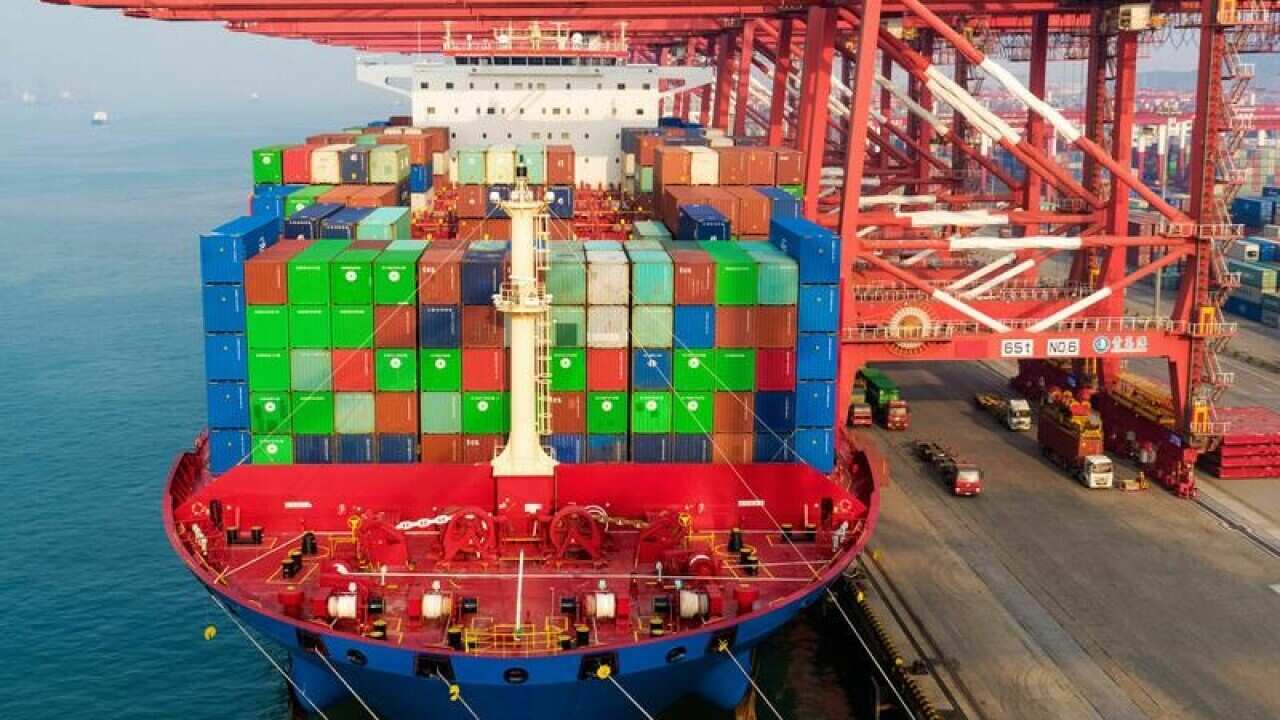The United States has begun collecting higher, 25% tariffs on many Chinese goods arriving in US seaports on Saturday morning in an intensification of the trade war between the world's two largest economies and drawing retaliation from Beijing.
US President Donald Trump imposed the tariff increase on a$US200 billion ($A288 billion) list of Chinese goods on May 10, but had allowed a grace period for sea-borne cargoes that departed China before that date, keeping them at the prior, 10% duty rate.
The US Trade Representative's office in a May 15 Federal Register notice set a June 1 deadline for those goods to arrive in the United States, after which US Customs and Border protection would begin collecting the 25% duty rate at US ports.
The tariff increase affects a broad range of consumer goods, and intermediate components from China including internet modems and routers, printed circuit boards, furniture, vacuum cleaners and lighting products.
Earlier on Saturday, China began collecting higher retaliatory tariffs on much of a $US60 billion ($A86 billion) target list of US goods. The tariffs, announced on May 13 and taking effect as of midnight in Beijing, apply additional 20% or 25% tariffs on more than half of the 5,140 US products targeted. Beijing had previously imposed additional rates of 5% or 10% on the targeted goods.
No further trade talks between top Chinese and US negotiators have been scheduled since the last round ended in a stalemate on May 10, the same day when Trump announced higher tariffs on $200 billion of Chinese goods and then took steps to levy duties on all remaining Chinese imports.
China ordered the latest tariff increases in response to Trump's move.
Trump has accused China of breaking a deal to settle their trade dispute by reneging on earlier commitments made during months of negotiations. China has denied the allegations.
Beijing has grown more strident in recent weeks, accusing Washington of lacking sincerity and vowing that it will not cave to the Trump administration's demands.
Its rhetoric has hardened particularly since Washington put Chinese company Huawei Technologies Co Ltd on a blacklist that effectively bans the firm from doing business with US companies.

